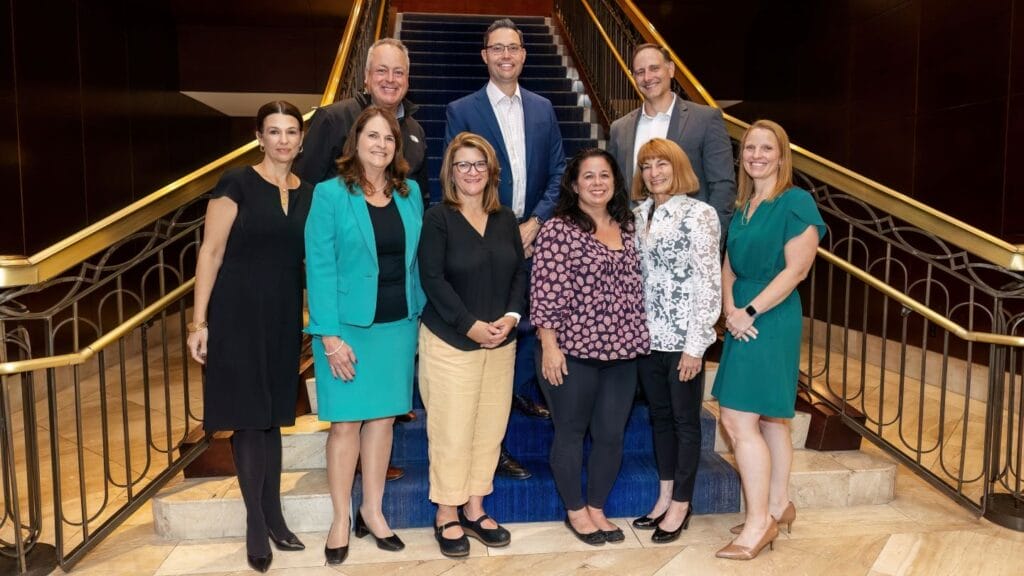
Through countless decades, multiple relationships and what feels like dozens of marriages (actually only two, but it’s still early today), this is pretty much the extent of my accrued knowledge: Women I’ve known have always wanted to eat outdoors.
It’s a relatively small sample size, I realize, and I’m reluctant to extrapolate to include the entire female gender. But in my experience, no matter how comfortable it is inside, and no matter how unpleasant the exterior conditions, given the choice, women have generally preferred out there to in here.
Regardless of Dengue-carrying mosquitos, dive-bombing killer bees, voracious ants and nearby nests of venom-spitting snakes, I’ve still frequently heard my mother, sister, spouse or girlfriend say, in the most exuberant of tones, “It’s a lovely day. Let’s eat outside!” It seems to revitalize them, and judging from the look on a face tilted back in the sun with eyes closed, it’s a moment nearing spiritual transcendence.
“Well, that’s a mighty interesting observation,” you might think while nodding and rubbing your chin. “But what does it possibly have to do with long-term care?”
Well, nothing. And everything.
I think it relates to the most basic truths of our personalities and habits, the preferences and interests we spend lifetimes gathering, nurturing and learning to enjoy on an almost cellular level. Once we’re closer to the end than the beginning, a stage with which I’m all too familiar with these days, those impulses don’t just disappear. But through hardships and diminishing health, they get sublimated as expectations ebb and hope for life as it was gradually recedes.
And once we’re in a senior care facility, though we may want more than anything to still pursue our most beloved passions, or even just to eat outside, we’re more likely to get quietly lost in our own melancholy.
I ponder this a lot as I imagine the very real possibility of being in one of your buildings myself someday. Music is a passion of mine. Will I still get to listen to it? What about movies, and old detective shows. How will I watch what I want to watch? And if I’m not entirely of sound mind, will I still have headphones placed in my ears or be set in front of a TV by someone who knows who I used to be, and what I formerly enjoyed?
At the end of his life, my dad just wanted to be riding horses. And bless her heart, the irrepressible recreation therapist who stopped by his hospital room did her best to get him excited about developing some new interests. But in truth, finding some John Wayne movies on his Roku or helping him listen to a Louis L’Amour book on his phone would probably have been a more successful gambit.
To all you facility leaders, this isn’t remotely a criticism. I know you’re all-in on person-centered care, and establishing deep connections with patients and residents is at the root of what your great activity directors already do. I also know that in any type of communal setting some compromises have to be made, and it’s impossible to help everyone in your care fully recapture every interest and preference.
But we can always do better, and somehow, despite the financial and regulatory pressures, the staffing challenges and the endless hurdles of yet another hectic day, we must always do everything we possibly can to connect individuals with the things they’ve loved to do, and the people they’ve been, for their entire lives.
For me, all I’ll need is some classical music in my ear buds, and a TV to play old Columbo movies. And for this lovely lady sitting in her wheelchair beside me, could we possibly move a table to the patio? She just wants to eat outside.
Things I Think is written by Gary Tetz, a two-time national Silver Medalist and three-time regional Gold and Silver Medal winner in the Association of Business Press Editors (ASBPE) awards program, as well as an Award of Excellence honoree in the APEX Awards. He’s been amusing, inspiring, informing and sometimes befuddling long-term care readers worldwide since the end of a previous century. He is a writer and video producer for Consonus Healthcare Services in Portland, OR.
The opinions expressed in McKnight’s Long-Term Care News guest submissions are the author’s and are not necessarily those of McKnight’s Long-Term Care News or its editors.
Have a column idea? See our submission guidelines here.




